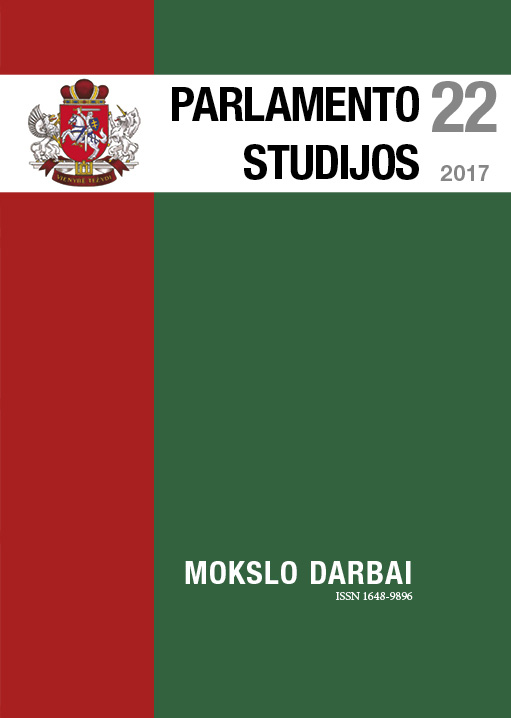Relations Between Language, Government and Society in Lithuania 1919–1940
DOI:
https://doi.org/10.51740/ps.vi22.94Keywords:
linguistic strategy, Lithuanisation, standard language, linguistic world, linguistic cosmologyAbstract
The article addresses the issue of how the matters of ‘restocking’ the Lithuanian language in the young state of Lithuania, the factors that were the most important for the purposes of Lithuanising the country from the social and political point of view. There are two periods of Lithuanian linguistic cosmology in the country that had just recovered its independence that can be identified: the period between 1918 and 1930 and the period between 1930 and 1941. The first period saw the processes of entrenching the standard of writing and grammar in the society and at school, active Lithuanisation of the Lithuanian world by replacing Slavic and German words with their Lithuanian counterparts and coining new Lithuanian words. During the second period, the process of Lithuanisation was strengthened by setting up specialty education establishment, compiling living language resources, Lithuanising macro- and micro-sociocultural environments, formulating the principles of terminology as a way of national cosmology, as well as designing a general philosophical terminology.
Downloads
Downloads
Published
How to Cite
License

This work is licensed under a Creative Commons Attribution-NoDerivatives 4.0 International License.








 The metadata of the scholarly journals and publications of the Lithuanian National Martynas Mažvydas Library is distributed by
The metadata of the scholarly journals and publications of the Lithuanian National Martynas Mažvydas Library is distributed by 